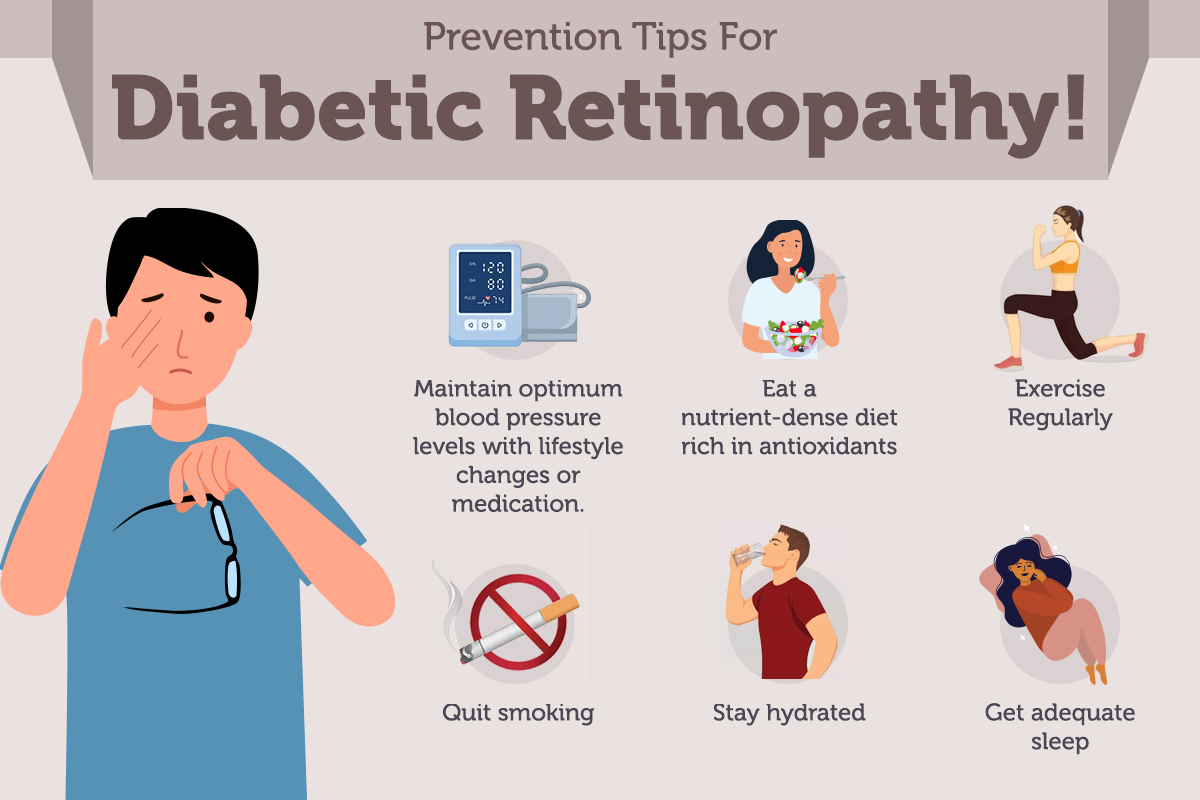
Diabetes is a chronic condition that can have far-reaching effects on various aspects of health, including eye health. One of the most serious complications of diabetes is diabetic retinopathy, a condition that can lead to vision loss if left untreated. In this blog, we will explore the link between diabetes and eye health, the symptoms of diabetic retinopathy, and essential preventive measures to protect your vision.
Understanding the Link Between Diabetes and Eye Health
Diabetes can affect the blood vessels in the retina, the light-sensitive tissue at the back of the eye. High blood sugar levels can cause these vessels to swell, leak, or become blocked, leading to diabetic retinopathy. This condition is a significant cause of vision impairment and blindness among adults, making regular eye care crucial for individuals living with diabetes.
Symptoms of Diabetic Retinopathy
Diabetic retinopathy often develops without noticeable symptoms in its early stages. As the disease progresses, individuals may experience:
- Blurry or Distorted Vision: This can affect the clarity of vision, making it difficult to read or recognize faces.
- Dark or Empty Areas in Vision: Some individuals may notice blank spots or patches in their field of vision.
- Difficulty Seeing at Night: Night vision may deteriorate, making it challenging to navigate in low-light conditions.
- Floaters or Flashes of Light: Some people report seeing floating spots or flashes, which can indicate changes in the retina.
It is essential to note that symptoms may not appear until the disease is advanced, which is why regular eye exams are crucial for early detection.
Stages of Diabetic Retinopathy
Diabetic retinopathy progresses through four stages:
- Mild Nonproliferative Retinopathy: Small blood vessels in the retina swell, but no vision impairment is present.
- Moderate Nonproliferative Retinopathy: Some blood vessels are blocked, leading to potential vision changes.
- Severe Nonproliferative Retinopathy: Many blood vessels are blocked, causing the retina to be deprived of essential nutrients.
- Proliferative Diabetic Retinopathy: New, abnormal blood vessels begin to grow in the retina and can bleed into the eye, leading to severe vision loss.
Preventive Care for Diabetic Retinopathy
Preventing diabetic retinopathy involves a combination of effective diabetes management and regular eye care. Here are key preventive measures:
- Control Blood Sugar Levels:
- Maintaining blood sugar levels within the target range is critical for preventing complications. Regular monitoring and adherence to a diabetes management plan, including diet, exercise, and medication, are essential.
- Regular Eye Exams:
- Individuals with diabetes should have comprehensive eye exams at least once a year, or more frequently if recommended by an eye care professional. Early detection can lead to timely intervention and treatment.
- Manage Blood Pressure and Cholesterol:
- Keeping blood pressure and cholesterol levels in check can reduce the risk of diabetic retinopathy. A heart-healthy diet, regular exercise, and medications can help manage these factors.
- Healthy Lifestyle Choices:
- Adopt a balanced diet rich in fruits, vegetables, whole grains, and lean proteins. Regular physical activity can help maintain a healthy weight and improve insulin sensitivity.
- Quit Smoking:
- Smoking can exacerbate diabetic complications, including eye health issues. If you smoke, seek support to quit.
- Stay Informed:
- Educate yourself about the signs and symptoms of diabetic retinopathy and stay informed about the latest research and treatment options.
Conclusion
Diabetic retinopathy is a serious complication of diabetes that can lead to vision loss. Understanding the link between diabetes and eye health, recognizing symptoms, and taking preventive measures are essential for protecting your vision. By managing your diabetes effectively and maintaining regular eye care, you can significantly reduce your risk of developing diabetic retinopathy and enjoy better overall health.

